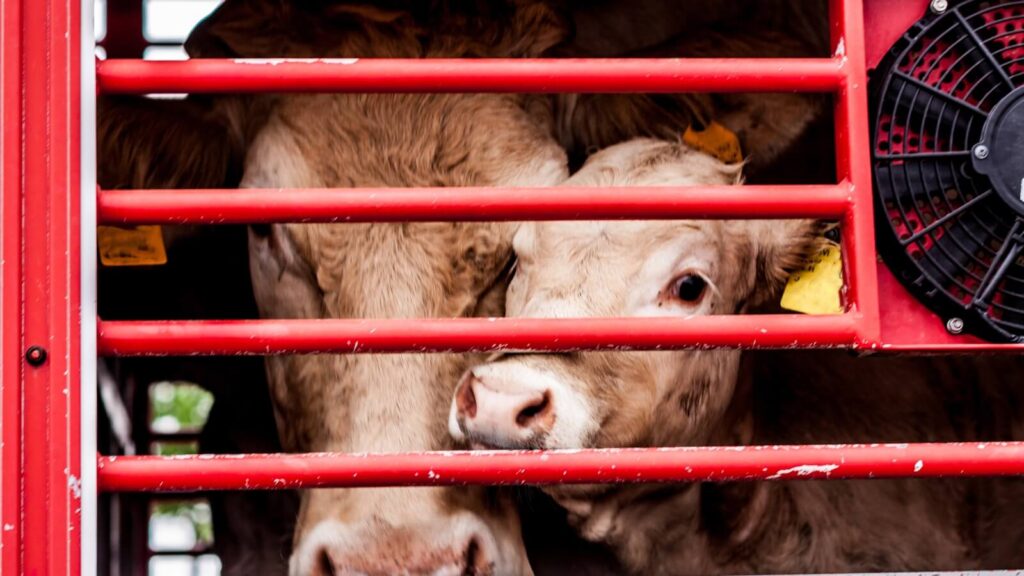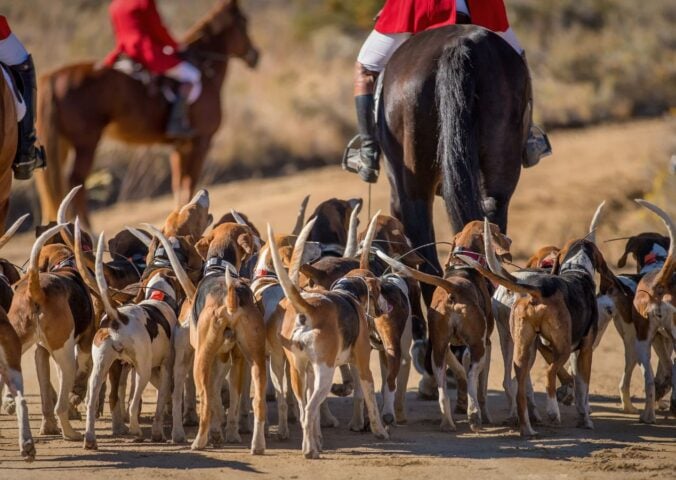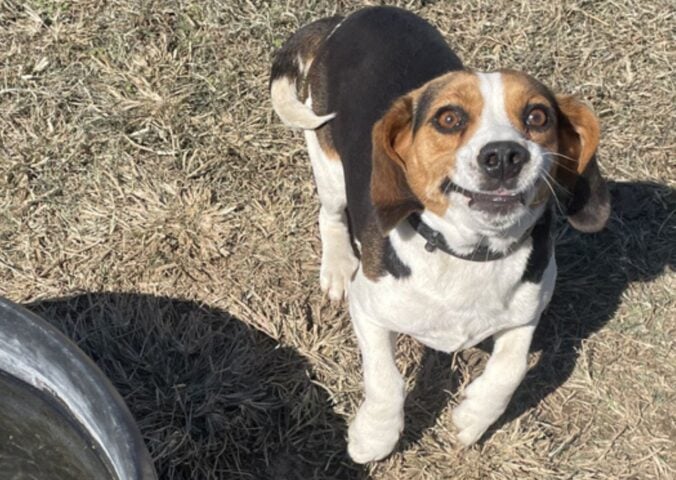The Welsh government has announced a five-year plan intended to improve animal welfare across the country. Part of the initiative includes updated requirements for CCTV in slaughterhouses, but some animal protection groups say it’s not enough.
Animal Welfare Plan for Wales
Rural affairs minister Lesley Griffiths published the Animal Welfare Plan for Wales yesterday.
In it, the government pledges to develop a country-wide model to monitor and enforce animal welfare standards.
This includes introducing registration for commercial breeders (for pets or for shooting), animal welfare establishments, and animal exhibits.
The initiative also aims to boost the qualifications of animal welfare inspectors.
Further, the use of cages for farmed animals will be “restricted”.
CCTV will also be mandatory in all slaughterhouses. According to Griffiths, the “vast majority” of such premises currently have surveillance, but the government will “ensure this is the case for all.”
“I’m very proud of what has already been achieved in Wales in animal welfare. But, there is more to do,” said Griffiths in a statement. “Our long-term ambition is for every animal in Wales to have a good quality of life … Achieving a good quality of life for all animals is ambitious, but that is what we must aim for.”
Christianne Glossop is the chief veterinary officer for Wales. Glossop explained: “Well cared for animals are more often healthy and contented animals. Preventing disease and injury in the first place is always the better option.
“Having high animal welfare standards ensures their needs are met, whether they are companion animals or farmed livestock.”
The Welsh government said it will work alongside other UK governments to realize the goals.
CCTV in slaughterhouses
Animal protection groups have been pushing for CCTV in slaughterhouses for years, in the hopes that it would minimize animal mistreatment.
Multiple exposés have brought to light the experiences of animals in the food system, with undercover investigators and hidden cameras documenting workers throwing, punching, mutilating, and stomping on animals.
In 2017, animal rights charity Animal Aid released a report showing that illegal abuse was occurring in 93 percent of slaughterhouses in the UK.
“It really is a very widespread problem, and in terms of what we found, it’s not just technical breaches and incompetence, but really appalling deliberate violence. We filmed animals being punched, kicked, deliberately being given electric shocks, even cigarettes being stubbed out on them,” Isobel Hutchinson of Animal Aid said.
“We knew that slaughter was a horrific process, but even we were shocked by what we found.”
Does CCTV reduce animal abuse?
But some research has found that surveillance cameras do not reduce violent crime.
Animal Aid’s own investigations have exposed several instances of severe animal cruelty at slaughterhouses that already had CCTV installed. As such, the charity has urged for the footage to be monitored by an independent body.
Faye Lewis is the head of communications at Viva!, a vegan campaigning charity.
“We are really pleased that the Welsh government is taking animal welfare seriously,” Faye said to PBN. She added that while the farmed animal updates are a “big step forward,” more work must be done.
“This decision has come about following years of tireless campaigning and truly horrifying investigations, revealing disturbing practices in a Welsh abattoir that led to a criminal investigation. We applaud the measures outlined in the plan, but we have seen time and time again that even with the introduction of CCTV, it does little to stop the abuse of animals,” Faye explained.
“It feels fitting to mention, given we are in the midst of COP26, that these measures do not go far enough. Large-scale industrial animal agriculture is the leading cause of the climate emergency, and to address the very real problems of intensive animal farming in the modern world, whether that is around animal welfare, health and our planet, we need to shift to a plant-based food system.”
This article was updated on November 8 to include a statement from a relevant party.






